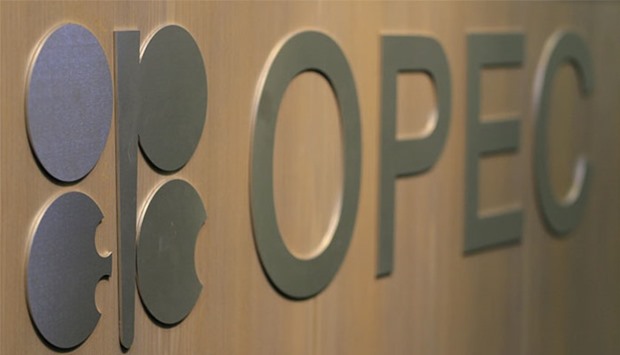Iran has been the main stumbling block for such a deal because Tehran wants exemptions as it tries to regain oil market share after the easing of Western sanctions in January.
Saudi Arabia, the biggest producer in the Organisation of the Petroleum Exporting Countries, has argued Iran's output has peaked and it should not be granted major concessions.
On Friday, several Opec oil ministers including Saudi Arabia's Khalid al-Falih met in Doha on the sidelines of a gas forum.
Iranian officials attended the gathering although minister Bijan Zanganeh did not come.
At the meeting, Opec member countries proposed Iran cap its oil output at 3.92mn barrels per day (bpd), a source familiar with the proposal told Reuters.
Iran has previously said it would accept a freeze at between 4.0 and 4.2mn bpd.
Gulf Opec sources have said they wanted Iran to cap output at around 3.6-3.7mn bpd — the volume the Islamic Republic is currently producing, according to Opec estimates.
The source said Tehran had yet to respond to the proposal.
Iran's Opec governor, who attended yesterday's talks, said he was optimistic that the producer group would reach a deal when it gathers formally in Vienna on November 30.
Al-Falih said yesterday's meeting went well, but declined further comment.
If Opec reaches a deal on November 30, it may also draw support from non-Opec members including Russia, which promised to cooperate but so far has refrained from any firm commitment.
Russian Energy Minister Alexander Novak participated in yesterday's meeting and said he thought Opec was moving closer to a deal.
If an agreement were reached, Russia was prepared to join and cap output for six months or longer, Novak said.
He also said more non-Opec producers could join such a pact.
The Azeri Energy Ministry said yesterday it would send a delegation to consultations in Vienna later this month.
Meanwhile, a stronger dollar weighed down oil prices yesterday, but Brent crude was headed for its first weekly gain in five on hopes that Opec might agree to limit production cuts at the end of the month.
Brent was down 42¢, or 0.9%, to $46.07 per barrel at 10:43am (1543 GMT), but it was still on track to gain nearly 3% for the week, its first weekly increase in five weeks.
US West Texas Intermediate crude was down 41¢, or 0.9% as well, at $45.01 a barrel.
It was on track to gain 3.6% for the week, the first weekly increase in four.
Analysts said there were still obstacles for Opec to overcome before it could reach a deal.
"Iranian and Iraqi intransigence to the proposed output cuts remains in full force while competitive pressures among Opec members was highlighted by news that Iran displaced Saudi Arabia as the top oil supplier to India," Stephen Brennock of oil brokerage PVM said.
Jason Gammel of US investment bank Jefferies said a cut of at least 700,000 bpd was needed to balance the market in the first quarter of 2017.

OPEC
Opec is moving closer towards finalising this month its first deal since 2008 to limit oil output, with most members prepared to offer Iran significant flexibility on production volumes, ministers and sources said.
